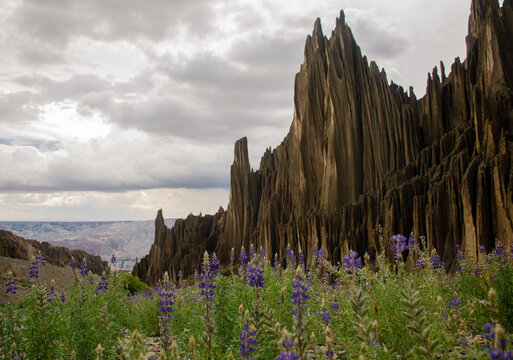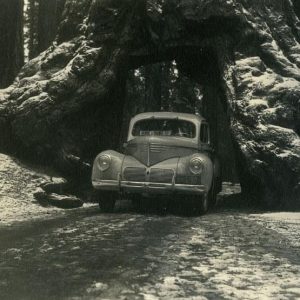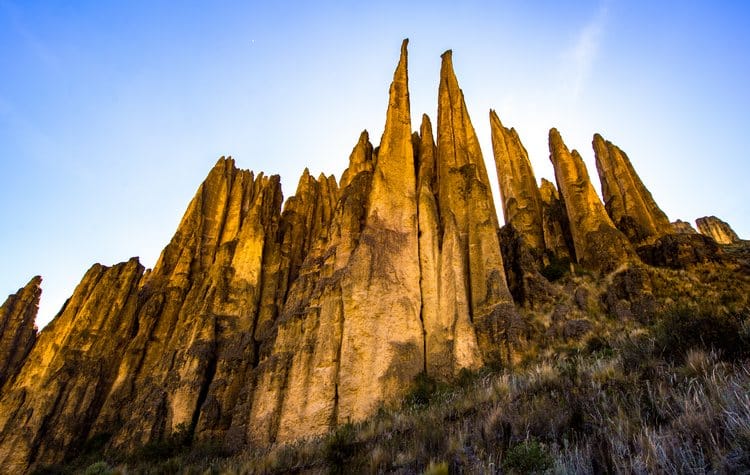
The Valley of Souls, known locally as “Valle de las Ánimas,” owes its striking appearance to a complex interplay of geological forces. Over millions of years, wind and water have meticulously chiseled away at the sandstone and clay-rich formations, giving birth to a landscape characterized by towering rock pillars, deep canyons, and intricate labyrinthine patterns. These formations bear a resemblance to human figures, giving rise to the valley’s evocative name.
Beyond its geological marvels, the Valley of Souls is steeped in cultural significance. Indigenous communities in Bolivia hold the area in deep reverence, believing it to be a sacred site where the spirits of their ancestors reside. The legends woven around the valley are as diverse as they are enchanting, often invoking tales of forbidden love, mythical creatures, and ancient rituals. Visitors are met with an overwhelming sense of awe, as the stories and spirituality of the land come to life through its geological wonders.
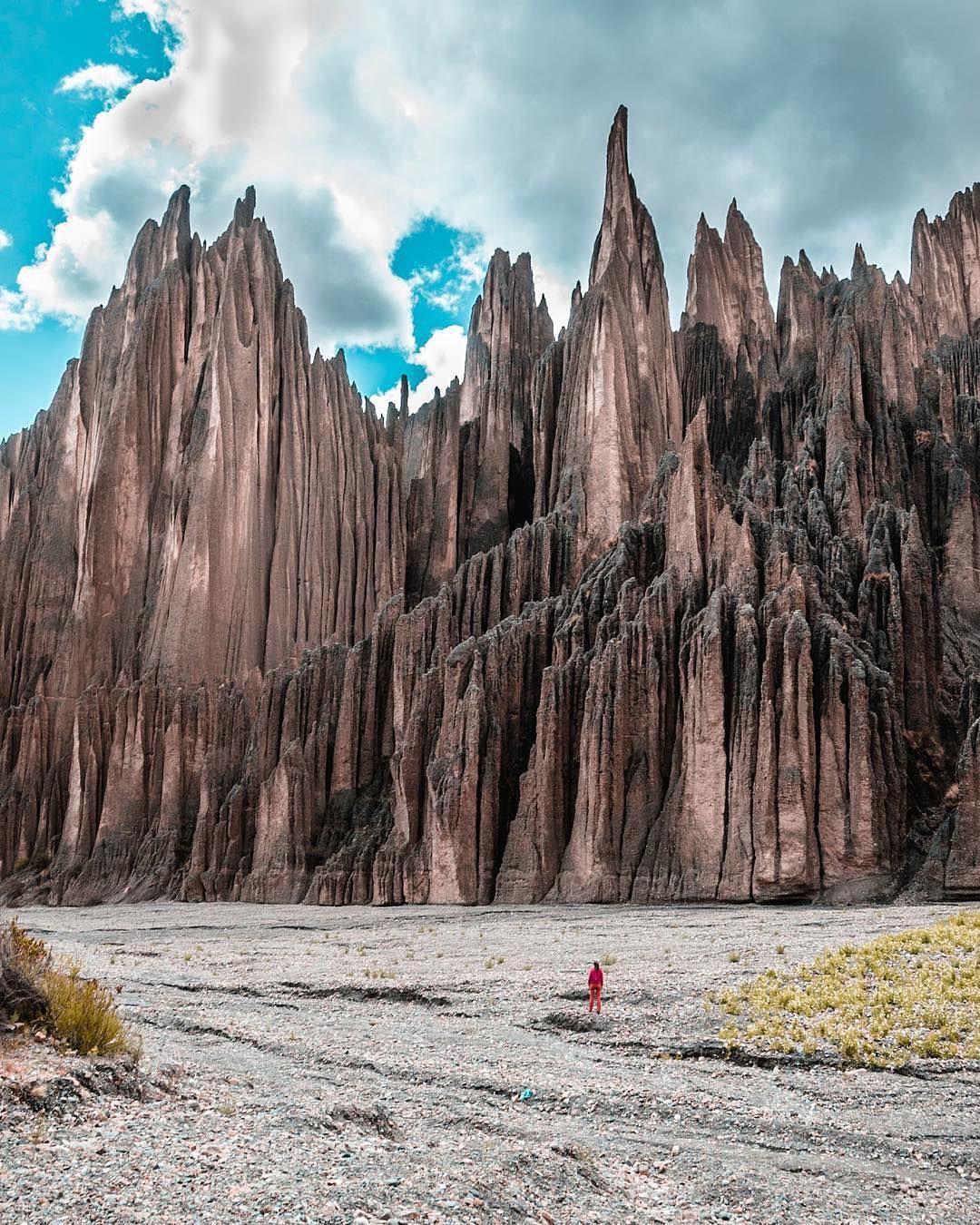
In recent decades, the Valley of Souls has gained international attention as a unique tourist destination. The otherworldly landscape, seemingly plucked from the pages of a fantasy novel, beckons adventurous souls to explore its hidden corners and unravel its geological tapestry. However, the increased footfall of tourists also poses challenges to the fragile ecosystem. Efforts to strike a balance between tourism and conservation are underway, with measures being taken to limit the impact of visitors on the delicate rock formations and surrounding environment.
Scientific curiosity continues to fuel research in the Valley of Souls. Geologists, archeologists, and environmental scientists are piecing together the geological history of the area, uncovering clues about ancient climates, ecosystems, and the processes that have shaped the landscape. This ongoing research not only deepens our understanding of the Earth’s history but also informs efforts to safeguard similar geological formations around the world.
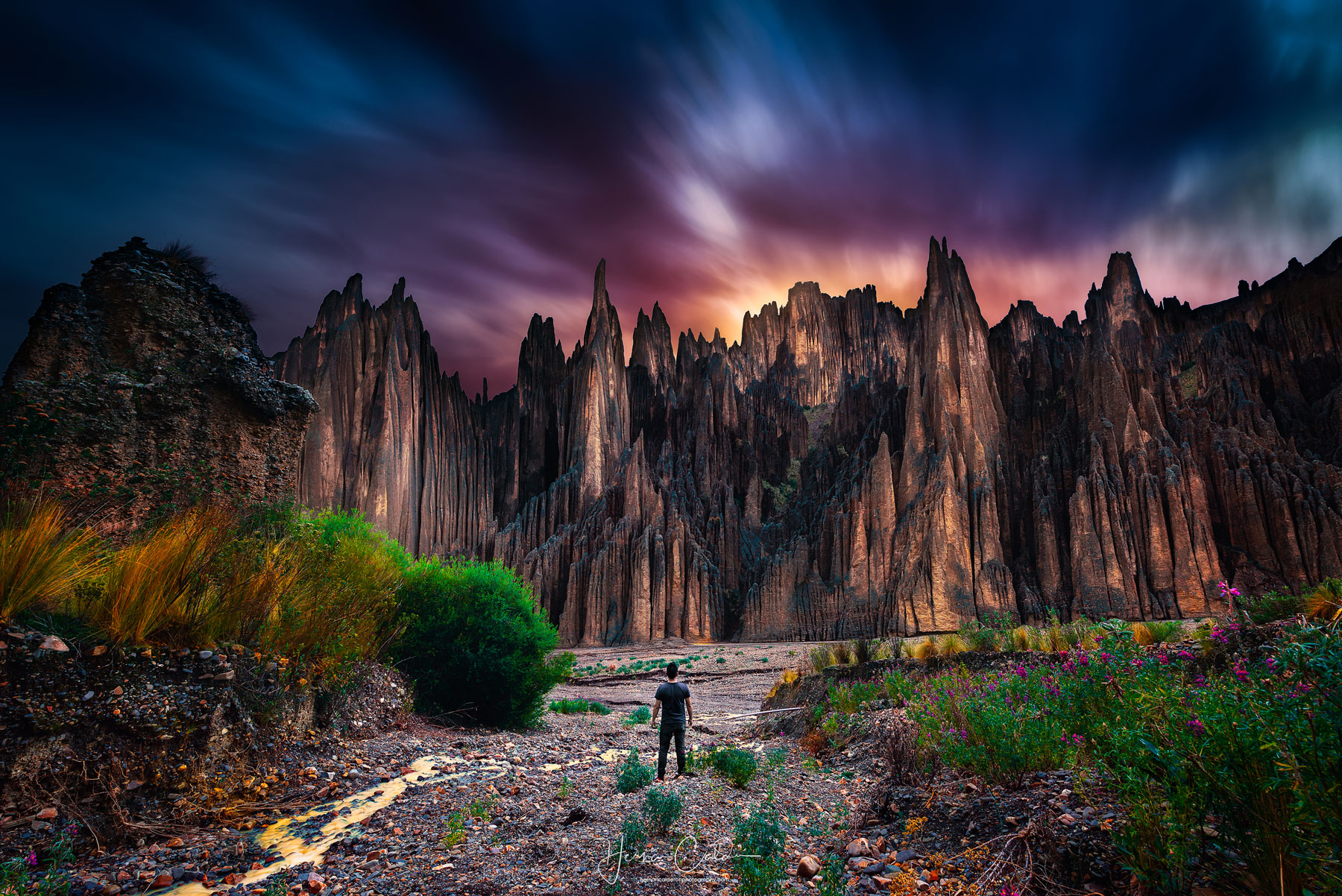
As the Valley of Souls continues to enchant and intrigue, there is an urgent need to balance the preservation of its natural beauty with responsible tourism. With the collaboration of local communities, researchers, and travelers, it is possible to ensure that this geological masterpiece remains a source of wonder for generations to come. By appreciating its beauty while respecting its fragility, we can ensure that the Valley of Souls retains its allure as a bridge between the natural world and the realm of human imagination.
In conclusion, the Valley of Souls in Bolivia stands as a testament to the profound synergy between nature, culture, and human curiosity. Its captivating geological formations and rich cultural heritage remind us of the beauty and mysteries that continue to shape our world. Whether viewed as a geological marvel, a spiritual haven, or a scientific puzzle, this unique landscape beckons us to explore its depths and preserve its enchantment for the ages.

